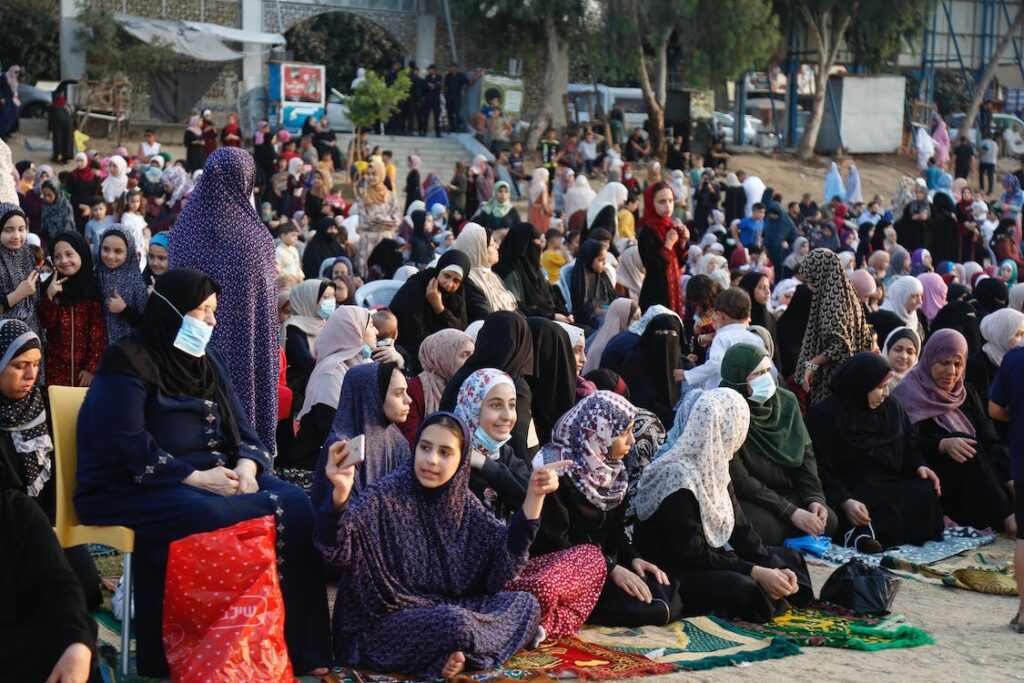As the conflict in the Gaza Strip stretches into its fourth month, the situation might appear bleak, with long-term peaceful resolutions seeming out of reach. The dynamics of the Israel-Palestine conflict, especially post the Oct. 7, 2023, escalation, underscore the complex barriers to peace, including political stances from both sides that hinder progress towards a two-state solution.
This article is a summary. Please read the original article by Benjamin Case on The Conversation think tank website, here
Yet, history teaches us that even the most entrenched conflicts can find paths to resolution under intense pressures. The end of apartheid in South Africa offers a poignant example. Despite the deep-seated racial segregation enforced since 1948, a combination of internal resistance, international boycotts, and the unsustainable nature of the apartheid war in Namibia and Angola led to a critical reevaluation of the system. By 1994, democratic elections heralded a new era led by Nelson Mandela, proving that seemingly impossible peace could be achieved.
This historical parallel provides a glimmer of hope for the current Israeli-Palestinian crisis. Like South Africa’s apartheid, the situation in Gaza and the West Bank—where 5 million Palestinians live in a limbo of territorial and civil rights ambiguity—demands urgent reconsideration. The devastating scale of recent violence, the international call for a ceasefire, and the rising demand for a two-state solution underscore a pivotal moment for potential change.
The international community, including the U.S., the EU, and China, along with regional players like Saudi Arabia, is increasingly vocal about the necessity of a two-state resolution. The dire humanitarian crisis in Gaza, coupled with the geopolitical risks of broader conflict, adds to the urgency for a sustainable peace process.
Despite formidable challenges, the shifting global and regional dynamics, paralleled by internal pressures within Israel, indicate that the conditions might be ripening for a significant breakthrough. Reflecting on the fall of apartheid, the current crisis in Gaza and Israel could be approaching its own historical turning point, emphasizing the need for innovative solutions and international cooperation to pave the way toward lasting peace.
